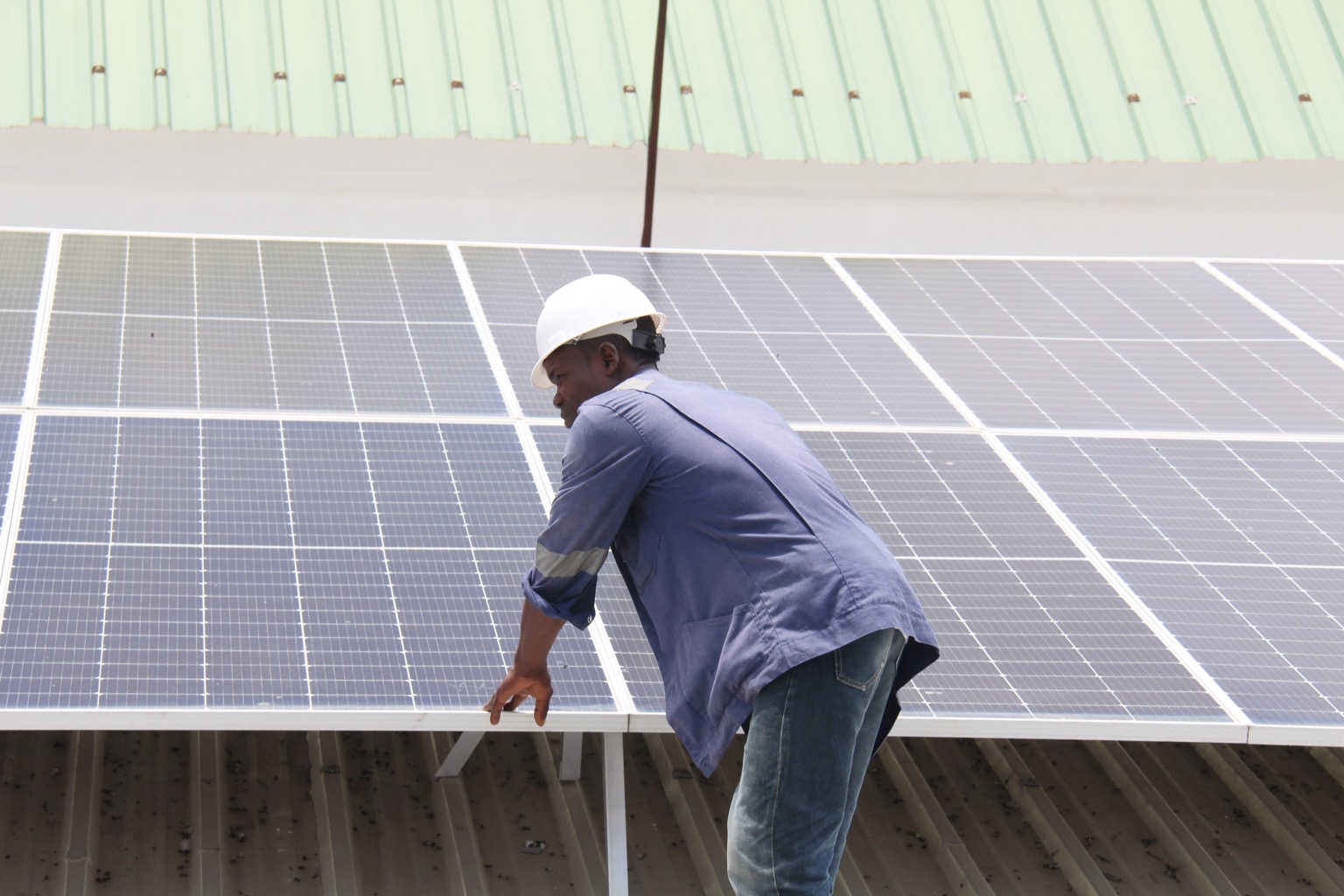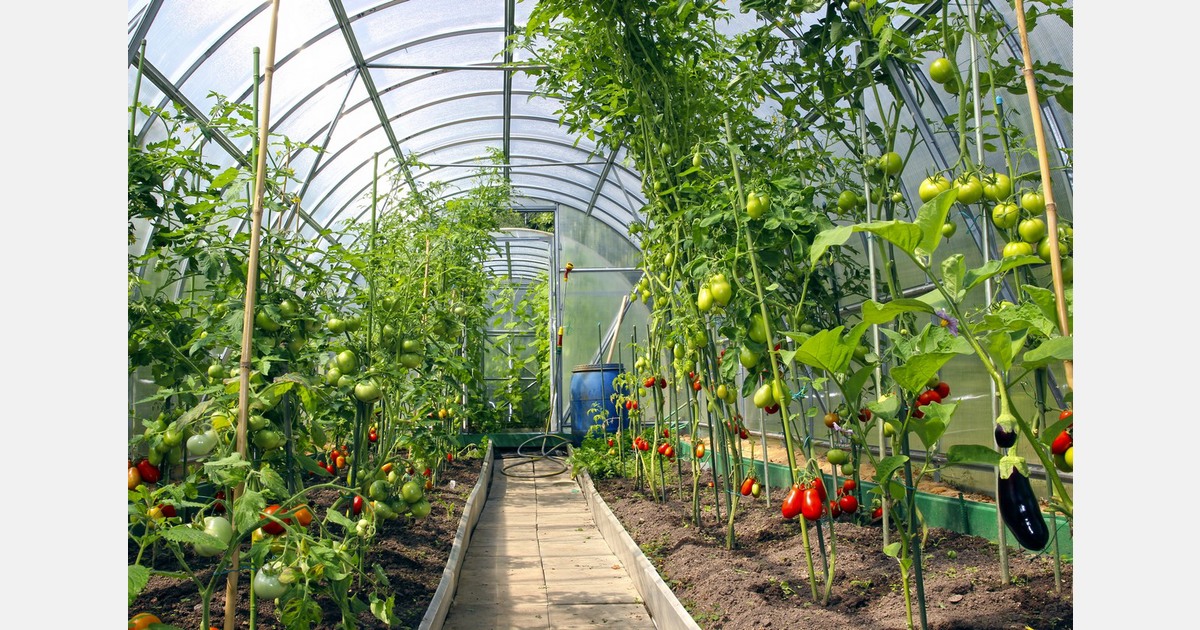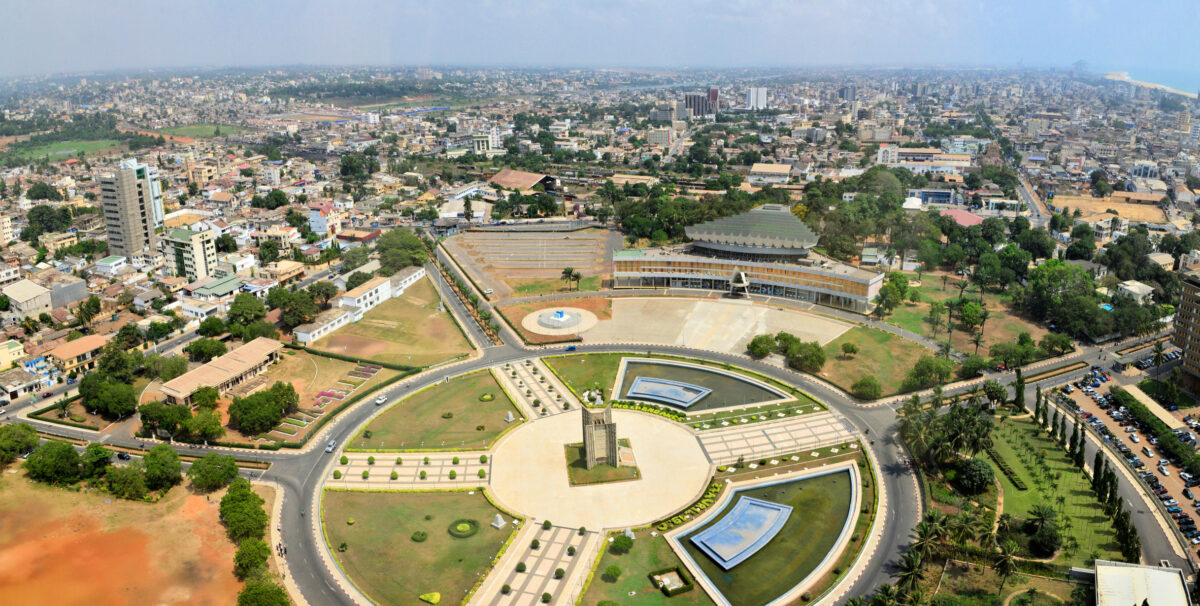Abitare In S.p.A. Reports Q3 2025 Results Amid Urban Planning Challenges – TipRanks

Abitare In S.p.A. Q3 2025 Performance Report: Navigating Urban Development with a Focus on Sustainable Development Goals
Executive Summary
Abitare In S.p.A. has released its interim management report for the third quarter of 2025. The report details the company’s financial performance amidst a challenging urban planning environment in Milan. The company’s strategic response emphasizes diversification and adaptation, reinforcing its commitment to developing affordable housing, a key activity aligned with several United Nations Sustainable Development Goals (SDGs).
Financial and Operational Highlights
- Consolidated Revenues: €84.6 million
- EBITDA: €9.6 million
- Operational Context: The company is navigating complexities within Milan’s urban planning framework.
- Strategic Direction: Focus is placed on diversifying business strategies, adapting to new regulations, and maintaining efficient operational management.
- Market Conditions: The affordable residential sector is supported by improved access to credit and growing consumer interest in new properties.
Alignment with Sustainable Development Goals (SDGs)
Abitare In S.p.A.’s core business model, centered on residential development in Milan, demonstrates a significant contribution to the achievement of the UN’s 2030 Agenda for Sustainable Development, particularly in the following areas:
-
SDG 11: Sustainable Cities and Communities
- By specializing in the development of affordable housing, the company directly addresses Target 11.1, which aims to ensure access for all to adequate, safe, and affordable housing.
- The company’s efforts to adapt to and operate within Milan’s evolving urban planning regulations contribute to the creation of inclusive, resilient, and sustainable urban environments.
- Its focus on the residential market for families helps build stable and sustainable community structures within the city.
-
SDG 1: No Poverty
- The provision of affordable housing options reduces the financial burden on low- and middle-income families, contributing to poverty reduction by increasing disposable income for other essential needs.
-
SDG 8: Decent Work and Economic Growth
- As a residential developer, Abitare In S.p.A. promotes sustained, inclusive, and sustainable economic growth by creating employment opportunities in the construction and real estate sectors within Milan.
Corporate Profile
- Company: Abitare In S.p.A.
- Specialization: Residential development.
- Primary Market: The affordable residential market for families in Milan.
- Listing: Euronext Milan Market (STAR Segment).
Analysis of Sustainable Development Goals (SDGs) in the Article
1. Which SDGs are addressed or connected to the issues highlighted in the article?
The primary SDG addressed in the article is:
- SDG 11: Sustainable Cities and Communities – This goal is central to the article’s discussion. The company, Abitare In S.p.A., specializes in “residential development” within Milan. The text explicitly mentions “challenges in the urban planning framework in Milan” and the company’s focus on the “affordable residential market,” which are core components of creating sustainable and inclusive urban environments as outlined in SDG 11.
2. What specific targets under those SDGs can be identified based on the article’s content?
Based on the focus of the article, the following specific targets under SDG 11 can be identified:
-
Target 11.1: By 2030, ensure access for all to adequate, safe and affordable housing and basic services and upgrade slums.
- Explanation: The article directly connects to this target by stating that Abitare In S.p.A. “focuses on the affordable residential market for families.” This demonstrates a business model aimed at increasing the supply of affordable housing, which is the main objective of Target 11.1.
-
Target 11.3: By 2030, enhance inclusive and sustainable urbanization and capacity for participatory, integrated and sustainable human settlement planning and management in all countries.
- Explanation: The article highlights the “challenges in the urban planning framework in Milan” and the company’s need for “adapting to new regulations.” This points directly to the processes of urban planning and management that Target 11.3 aims to improve, emphasizing the importance of a functional and sustainable regulatory environment for development.
3. Are there any indicators mentioned or implied in the article that can be used to measure progress towards the identified targets?
The article implies indicators that can be used to measure progress, although it does not cite official SDG indicator codes:
-
For Target 11.1 (Affordable Housing):
- Implied Indicator: The company’s operational and financial performance in the affordable housing sector. The article mentions “consolidated revenues of €84.6 million” and a “growing interest in new properties.” These figures serve as a proxy for the supply and uptake of new, affordable housing units in the Milan market, contributing to the overall goal.
-
For Target 11.3 (Sustainable Urbanization):
- Implied Indicator: The existence and adaptation of urban planning regulations. The article’s reference to “challenges in the urban planning framework” and the company’s efforts in “adapting to new regulations” implies that there is an active regulatory system in place. The evolution and enforcement of this framework are qualitative indicators of progress toward sustainable urban planning and management.
4. Summary Table of SDGs, Targets, and Indicators
| SDGs | Targets | Indicators (as identified in the article) |
|---|---|---|
| SDG 11: Sustainable Cities and Communities | 11.1: Ensure access for all to adequate, safe and affordable housing. | The company’s focus on and revenue from the “affordable residential market,” indicating the supply of such housing. |
| SDG 11: Sustainable Cities and Communities | 11.3: Enhance inclusive and sustainable urbanization and planning. | The mention of an active “urban planning framework” and the process of “adapting to new regulations” in Milan. |
Source: tipranks.com

What is Your Reaction?
 Like
0
Like
0
 Dislike
0
Dislike
0
 Love
0
Love
0
 Funny
0
Funny
0
 Angry
0
Angry
0
 Sad
0
Sad
0
 Wow
0
Wow
0


-1920w.png?#)




































































